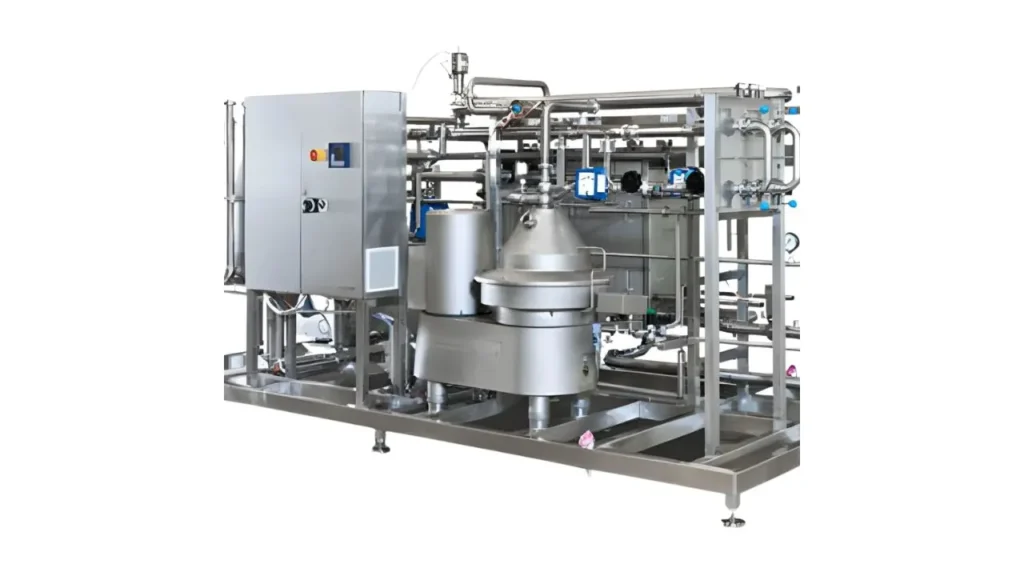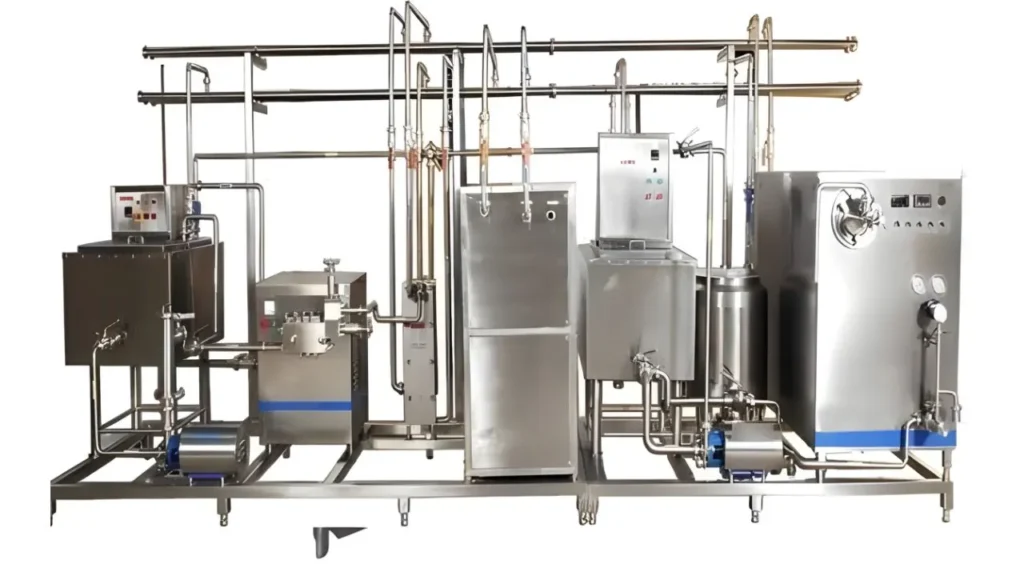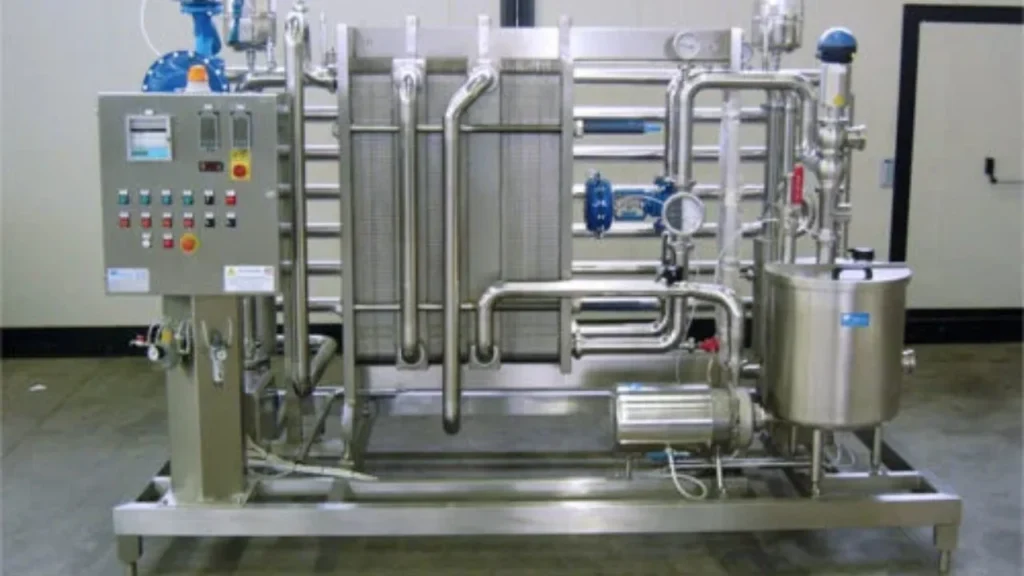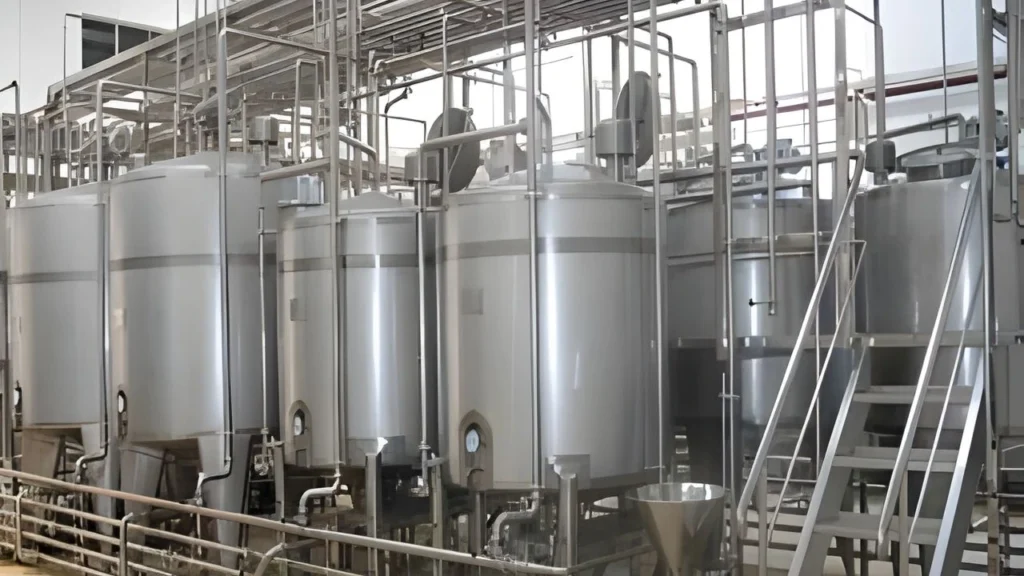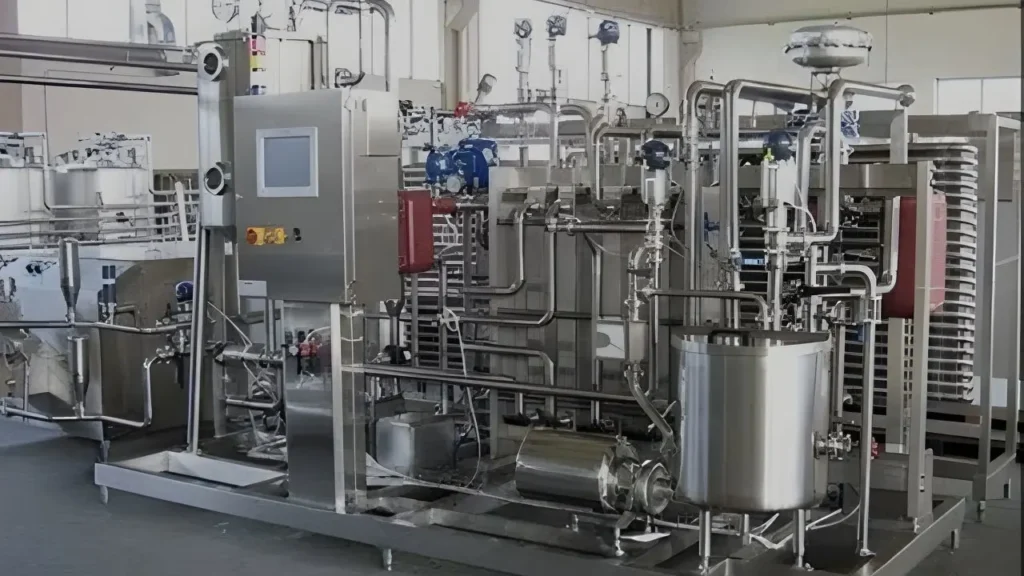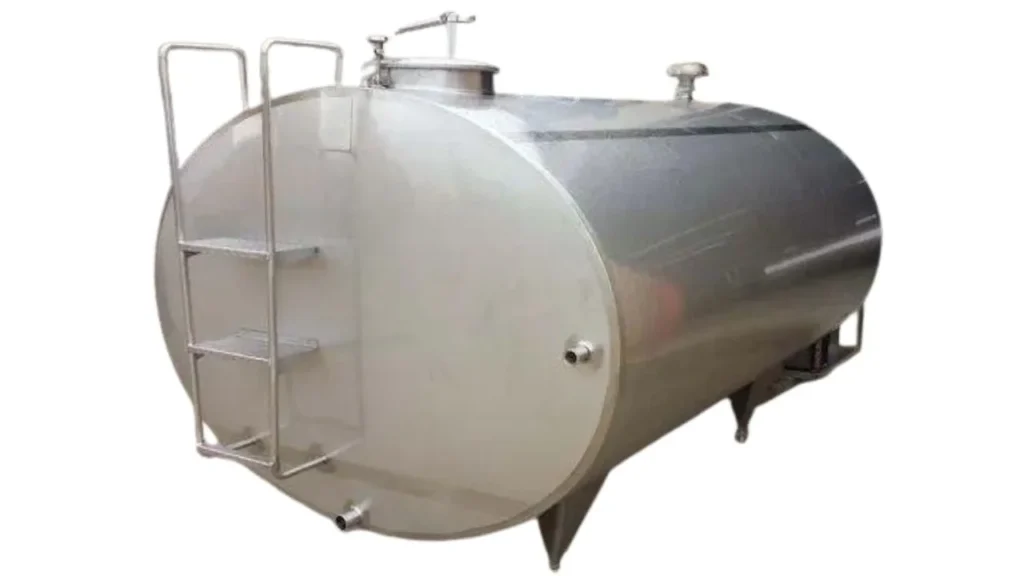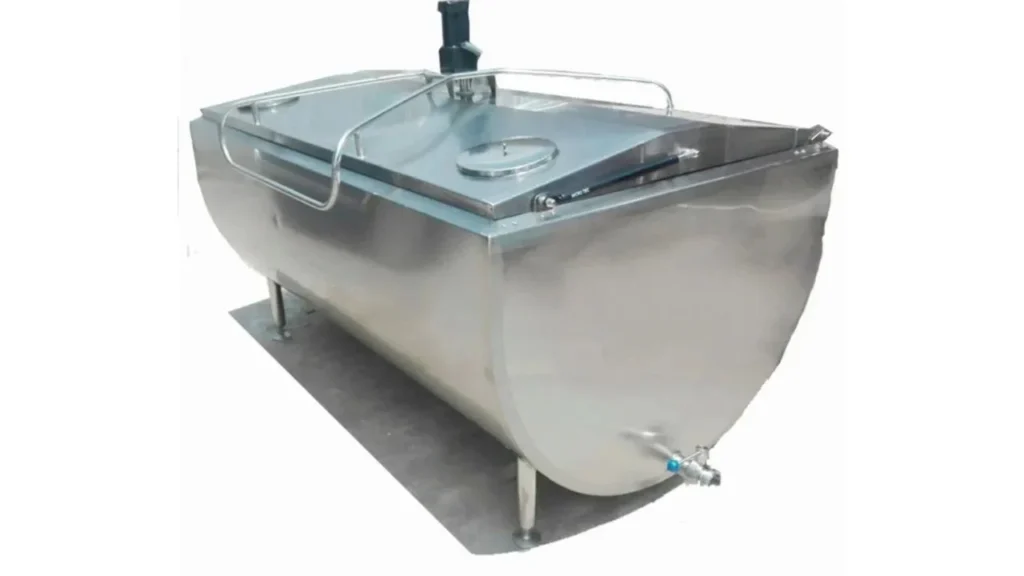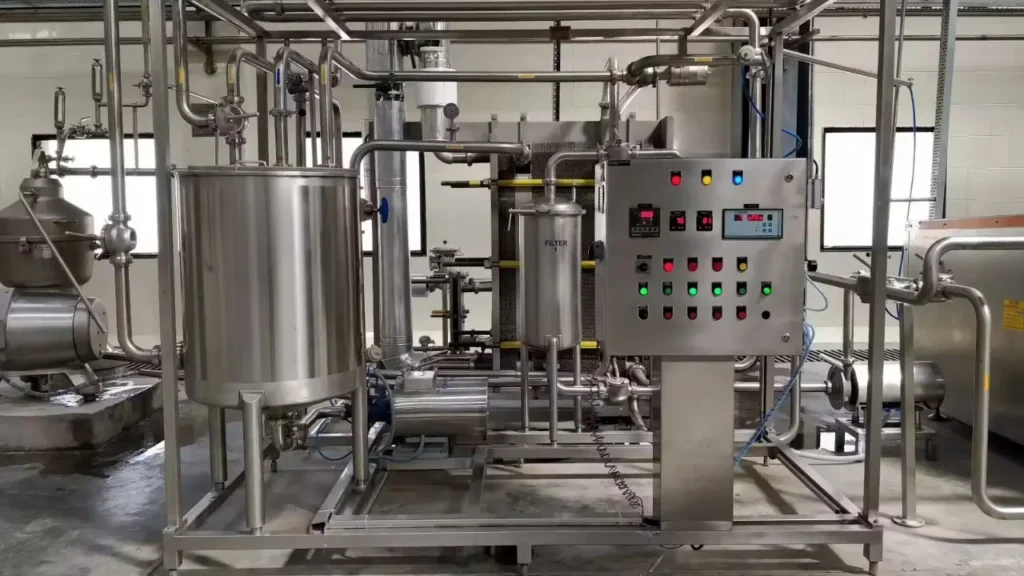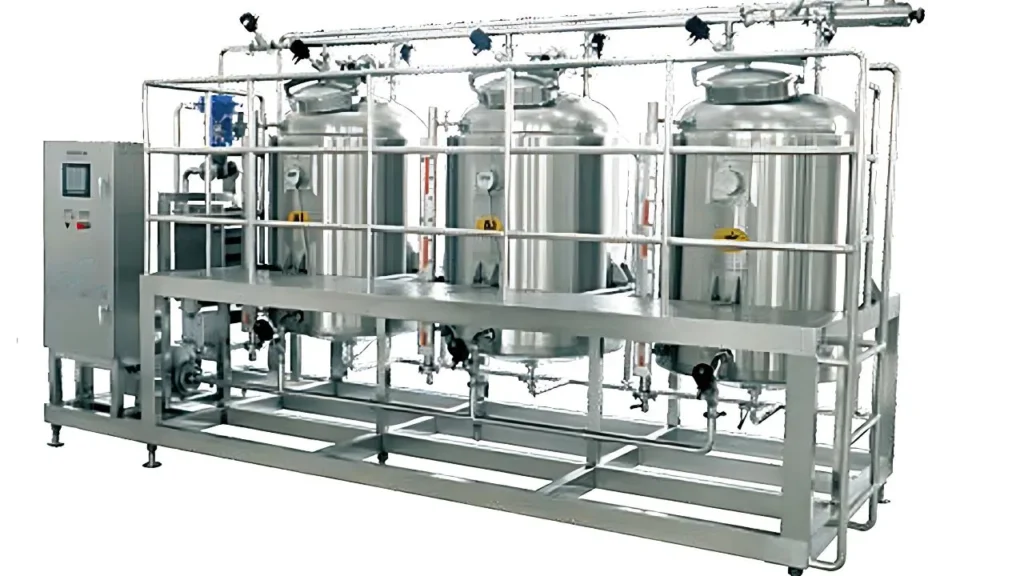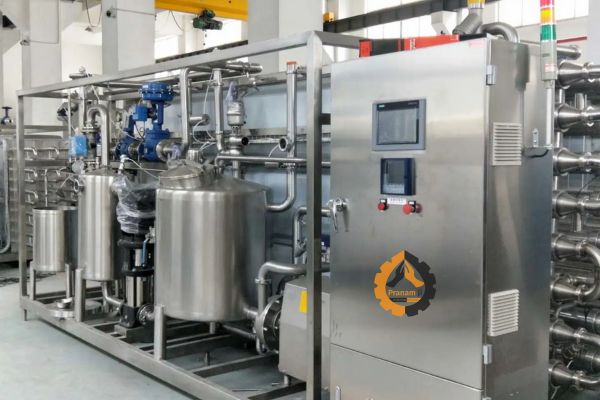Pasteurization : Definition, Types, Comparison, Process & Uses
Pranam ji Engineering Works believes that food safety is not just about machines—it is about protecting health, preserving nutrition, and building trust with consumers. We offer pasteurization solutions to ensure food safety while maintaining quality and also offer advanced systems that balance temperature and time for optimal results. One of the most important processes that supports safe food and beverage production is pasteurization. From milk and dairy products to juices and liquid foods, pasteurization plays a silent but powerful role in our daily lives. What Is Pasteurization? Pasteurization is a heat treatment process used to destroy harmful microorganisms present in food and beverages without significantly affecting taste or nutritional value. In Pasteurization in microbiology, the process focuses on reducing pathogenic bacteria such as Salmonella, Listeria, and E. coli to safe levels. It does not sterilize the product completely but makes it safe for consumption and extends shelf life. Importance of Pasteurization in Microbiology In Pasteurization in microbiology, the main goal is microbial control. Heat treatment disrupts bacterial cell structures, preventing growth and reproduction. This is especially critical in milk, where raw milk can contain harmful pathogens. Modern equipment offers precise temperature control to ensure consistent microbial reduction. Pranam ji Engineering Works provide reliable pasteurization equipment that supports microbiological safety standards. Also Read : How to Design the Perfect Ice Cream Plant Layout Types of Pasteurization Understanding the types of Pasteurization helps industries select the right method for their products. Different Pasteurization types are used based on the nature of the liquid, shelf-life requirements, and production scale. Low-Temperature Long-Time (LTLT): This method heats the product at a lower temperature for a longer duration. It is commonly used in small-scale dairy operations. Equipment suppliers offer LTLT systems for controlled and gentle heating. High-Temperature Short-Time (HTST): HTST is one of the most popular Pasteurization methods, especially for milk. The product is heated at a higher temperature for a short time, preserving taste while ensuring safety. Many manufacturers offer HTST systems for commercial dairies. Ultra-High Temperature (UHT): UHT is used for long shelf-life products. This Pasteurization type involves very high temperatures for a few seconds. Industries offer UHT solutions for large-scale operations where extended storage is required. Methods of Pasteurization The methods of Pasteurization differ mainly in heating technique and application. Common Pasteurization methods include: Batch pasteurization Continuous flow pasteurization Plate heat exchanger systems Tubular pasteurization systems Modern manufacturers offer automated systems that ensure efficiency, consistency, and hygiene. Role of Milk Pasteurizer in Dairy Industry A Milk Pasteurizer is one of the most essential machines in the dairy industry. It ensures milk is safe for consumption while retaining its natural taste and nutritional value. Dairy equipment manufacturers offer different Milk Pasteurizer capacities for small dairies, commercial plants, and large processing units. Pranam ji Engineering Works offer Milk Pasteurizer systems designed for energy efficiency, hygiene, and ease of operation. These systems help dairies maintain quality standards and consumer trust. Uses of Pasteurization Pasteurization is widely used across industries. It is applied in: Milk and dairy products Fruit juices and beverages Liquid eggs Beer and wine Pharmaceutical and biotech applications Industries depend on equipment suppliers who offer dependable pasteurization solutions for consistent results. Why Choose Pranam ji Engineering Works Pranam ji Engineering Works stands out by focusing on real operational needs. Our company does not just sell machines—we offer complete pasteurization solutions. From system design and manufacturing to installation and support. Our humanized approach means listening to customer challenges and offering practical, easy-to-use solutions that work on the ground. Pasteurization is more than a technical process—it is a commitment to safety, quality, and trust. From Pasteurization in microbiology to advanced Pasteurization methods, the right equipment makes all the difference. With reliable systems that provide precision, efficiency, and hygiene, industries can ensure safe products for consumers. Pranam ji Engineering Works continues to provide dependable pasteurization and Milk Pasteurizer solutions that support safe, sustainable, and high-quality food production.
Pasteurization : Definition, Types, Comparison, Process & Uses Read More »


